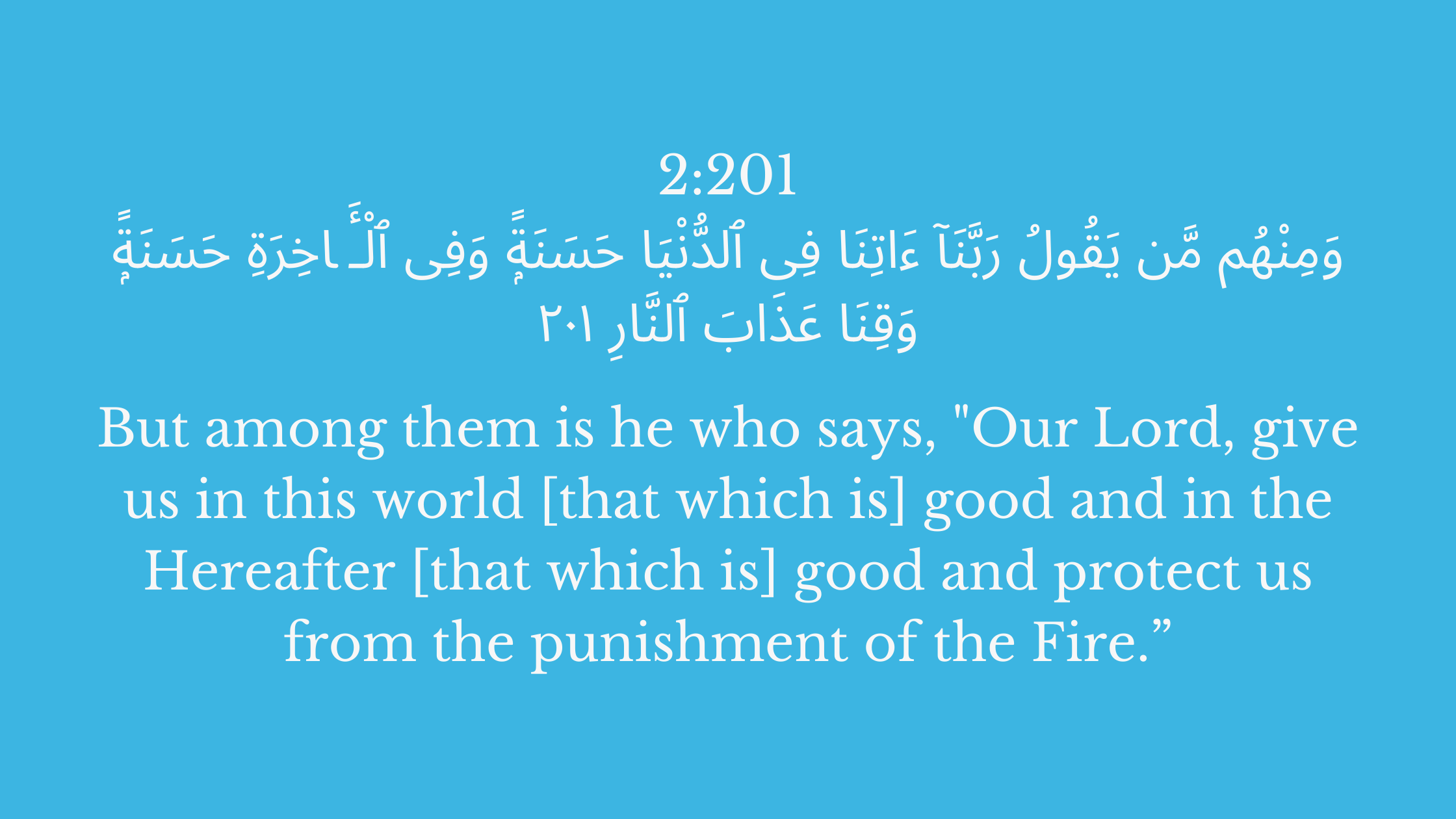
In Islam, wealth accumulation is not inherently discouraged; rather, it is seen as a tool that, when managed with responsibility and taqwā (God-consciousness), can be a means of great benefit both in this world and in the hereafter. Some of the greatest companions of the Prophet Muhammad (ﷺ) were extraordinarily wealthy. Notable figures like ʿUthmān ibn ʿAffān and ʿAbdurraḥmān ibn ʿAwf were equivalent to modern-day millionaires or billionaires. Yet, despite their financial success, they maintained the utmost piety and dedication to the principles of Islam.
The Prophet Muhammad (ﷺ) himself affirmed this balance, stating, “There is nothing wrong with being rich for one who has taqwā” (Ibn Mājah 2141). This hadith reminds Muslims that wealth is not condemned in Islam, but how wealth is earned, used, and regarded holds significant importance.
In Islam, wealth is viewed as a blessing from Allāh ﷻ. Like any blessing, it comes with responsibilities and guidelines to ensure that it does not lead to moral or spiritual harm. Wealth, when handled correctly, can help fulfill one’s obligations, support the needy, and contribute to personal and societal growth.
This famous Qur’ānic duʿā (supplication) beautifully captures this balance:

This supplication teaches Muslims to seek the best of both worlds—success and prosperity in this life and ultimate success in the hereafter—while keeping the focus on earning Allah’s pleasure.
Wealth, however, must be earned, spent, and viewed in accordance with Islamic teachings. Below are four essential principles every Muslim should follow when it comes to wealth accumulation:
The first and most critical guideline is that wealth must be earned and spent in ways that are halal (permissible). Islam strictly prohibits earning through haram (forbidden) means, such as interest (riba), gambling, theft, or trading in impermissible items like alcohol or pork. Similarly, Muslims are urged not to spend their wealth on haram things.
“O you who have believed, eat from the good things which We have provided for you and be grateful to Allah if it is [indeed] Him that you worship.”
(Sūrah al-Baqarah, Āyah 172)
The source of your income should be pure, as it directly impacts your spiritual well-being. Using wealth obtained through unlawful means corrupts one’s heart and deters blessings (barakah). Furthermore, the Prophet (ﷺ) taught that Allah does not accept charity or good deeds funded by haram earnings.
Wealth accumulation in Islam is not solely about personal gain; it is about helping others. Zakāh (the obligatory charity) is a fundamental pillar of Islam, reminding Muslims to purify their wealth by giving to those in need. Zakāh is due annually on specific assets once a certain threshold (nisab) is reached, ensuring that the wealthiest members of society redistribute a portion of their wealth to those less fortunate.
Beyond zakāh, Islam strongly encourages additional acts of charity (sadaqah). In fact, spending in the path of Allah is a means of securing even greater blessings. The Qur’an states:
“The example of those who spend their wealth in the way of Allah is like a seed of grain that sprouts seven ears, in every ear there are a hundred grains. And Allah multiplies [His reward] for whom He wills.”
(Sūrah al-Baqarah, Āyah 261)
While accumulating wealth, it is vital to recognize that all blessings, including financial success, come from Allah ﷻ. As Muslims, we must be grateful for what we have and remember that wealth can be given and taken by Allah at any time. Gratitude helps keep wealth in perspective and guards against arrogance.
“And [remember] when your Lord proclaimed, ‘If you are grateful, I will surely increase you [in favor]; but if you deny, indeed, My punishment is severe.'”
(Sūrah Ibrāhīm, Āyah 7)
Maintaining a constant sense of gratitude allows Muslims to appreciate what they have and remain humble in their pursuits. Acknowledging Allah as the source of one’s wealth keeps the heart focused on the ultimate Provider, rather than the fleeting material world.

Islam teaches that while wealth can bring comfort in this world, it is ultimately temporary. The Qur’an frequently reminds us that this life is a test, and the real reward lies in the hereafter. Therefore, Muslims must resist becoming overly attached to their wealth and ensure they use it as a tool to earn Allah’s pleasure.
“Know that the life of this world is but amusement and diversion and adornment and boasting to one another, and competition in increase of wealth and children.”
(Sūrah Al-Hadīd, Āyah 20)
Excessive love of wealth can lead to greed, selfishness, and neglect of spiritual duties. Instead, Muslims are encouraged to view their wealth as a means to earn rewards, whether by helping others, fulfilling religious obligations, or building a life that supports their faith.
Islam does not discourage the accumulation of wealth but sets clear guidelines for how it should be earned, spent, and regarded. By ensuring that wealth is halal, giving generously to those in need, showing gratitude to Allah ﷻ, and maintaining detachment from material wealth, Muslims can use their financial success as a means to earn Allah’s pleasure and secure both worldly and spiritual rewards.
Wealth, when accumulated with taqwā, becomes a source of barakah and a means to do good, ensuring that Muslims fulfill their duties to Allah and society. As Muslims, our primary goal is to succeed in the hereafter, and the wealth we are blessed with in this world should be seen as a tool to help us reach that ultimate success.
May Allah ﷻ grant us all halal wealth, allow us to spend it in His path, and reward us with the best of this life and the next. Āmīn.